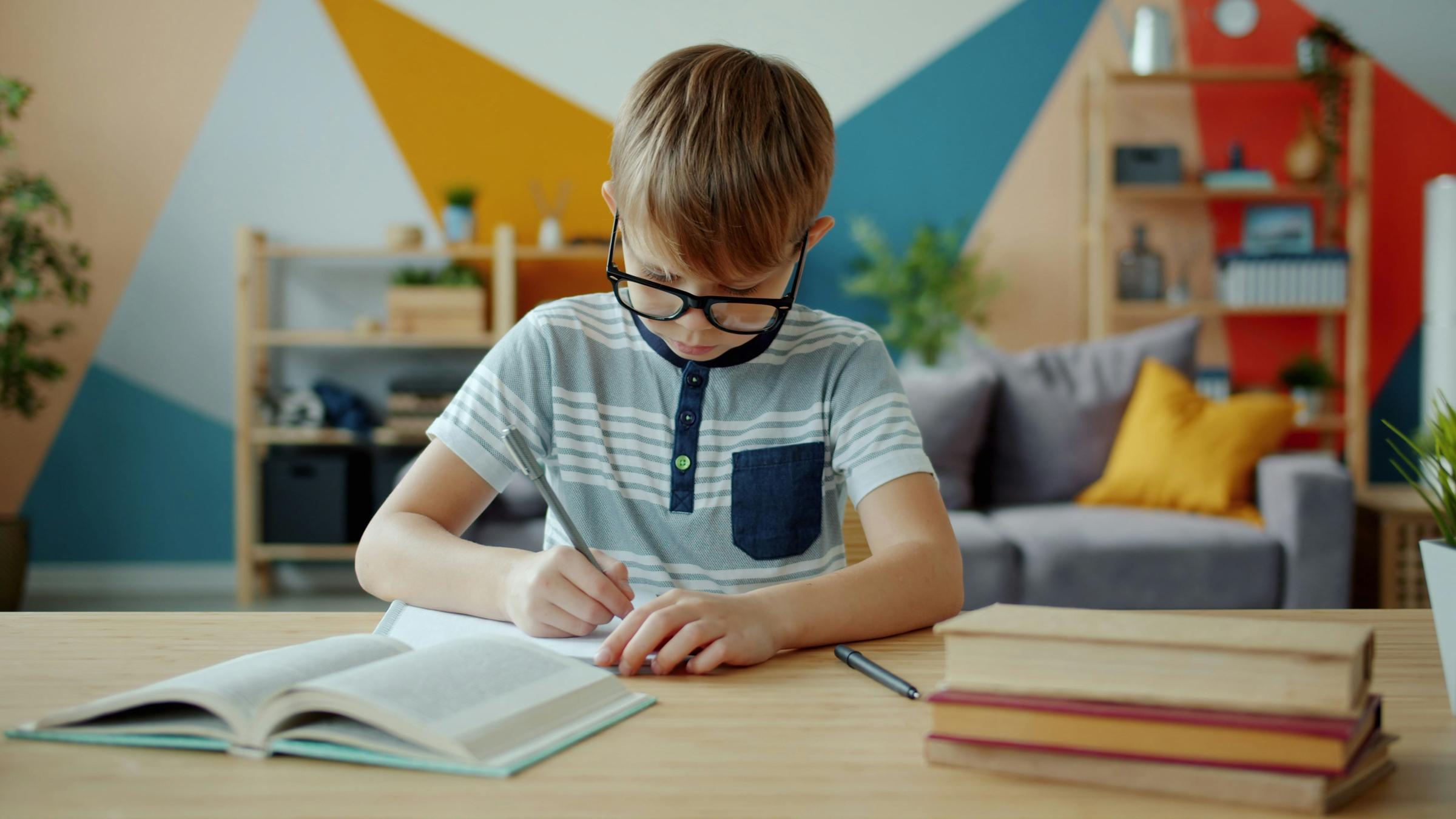TEACHING & LEARNING

DO LITTLE ROUTINES MAKES A BIG DIFFERENCE IN LEARNING?
BY CARRIE SCAMPTON (HoTL - Primary, Year 3 & 4 Coordinator)
The Power of Little Routines
Have you noticed how smoothly life runs when everyone knows what comes next? Whether it’s bedtime, getting ready for school, or starting a lesson, those everyday patterns bring calm and direction. It’s the same with learning. The smallest routines may seem insignificant, but together they shape how well children focus, learn, and thrive.
James Clear, in Atomic Habits, reminds us that the small things we do every day shape who we become. For children, consistent routines build a sense of safety and trust. Over time, they grow independence, confidence, and self-management, potent ingredients for learning. What feels like ‘just a small step’ becomes the foundation for lifelong growth.
How We Build Routines at BHCS
At BHCS, teachers intentionally establish routines that set students up for success. On their own, these routines may look simple, but together they reduce distractions, save valuable learning time, and lower what researchers call “cognitive load.” In simple terms, when children don’t have to think about how to start the day or where to put their bag, their minds are free to think deeply and learn well.
You might notice this at home too; when mornings run smoothly, children seem calmer, happier, and more ready to learn.
From the first days of school, teachers model and practise routines so classrooms become calm, predictable, and productive spaces. Here are some of the small things that make a big difference:
Procedural routines
Arrival and dismissal: on time, entering calmly, organising belongings, responding promptly to the roll.
Materials: collecting, returning, and caring for resources.
Transitions: moving efficiently between lessons or activities.
Work habits: packing up, presenting work neatly, and listening respectfully.
Academic routines
Attention signals: consistent cues (such as clapping or a countdown) to refocus the class.
Participation: structures for partner talk, class discussions, and sharing ideas.
Help-seeking: clear steps for when and how to ask for help.
Early finishers: meaningful choices such as reading, reflection, or extension tasks.
Cultural routines
Morning devotions: prayer, scripture, and worship set the tone for the day.
Celebrating success: acknowledging effort and achievement through encouragement or certificates.
Shared expectations: collaboratively developed class agreements that promote respect.
Conflict resolution: tools like PeaceWise, chaplain check-ins, and restorative conversations to build empathy and accountability.
These routines might look small, but they create the structure within which creativity and curiosity can flourish.
How Parents Can Help at Home
Parents play a vital role in reinforcing the same sense of calm and consistency at home. When home and school routines align, children feel secure and ready to give their best. You might be surprised by how powerfully a few small habits can influence learning:
Morning routines: predictable wake-up, breakfast, and bag-packing times help children arrive calm and on time.
Study routines: a set time and space for homework signals that learning matters.
Reading routines: shared reading each evening builds literacy and family connection.
Organisation routines: preparing uniforms and lunches the night before reduces morning stress.
Bedtime routines: consistent sleep and wake times enhance memory, focus, and mood.
Screen time routines: balancing technology with rest, reading, and recreation builds healthier habits.
Partnership routines: staying in touch with teachers and school updates strengthens the bridge between home and school.
Practice Makes Permanent
Do little routines make a big difference? Absolutely. What starts as a simple step soon becomes a natural habit. When routines are clear and consistent, children spend less time worrying about what’s next and more time learning, laughing, and growing.
By working together - teachers building structure at school and parents supporting it at home - we help children discover that success doesn’t happen by chance. It’s built, one small step at a time.
